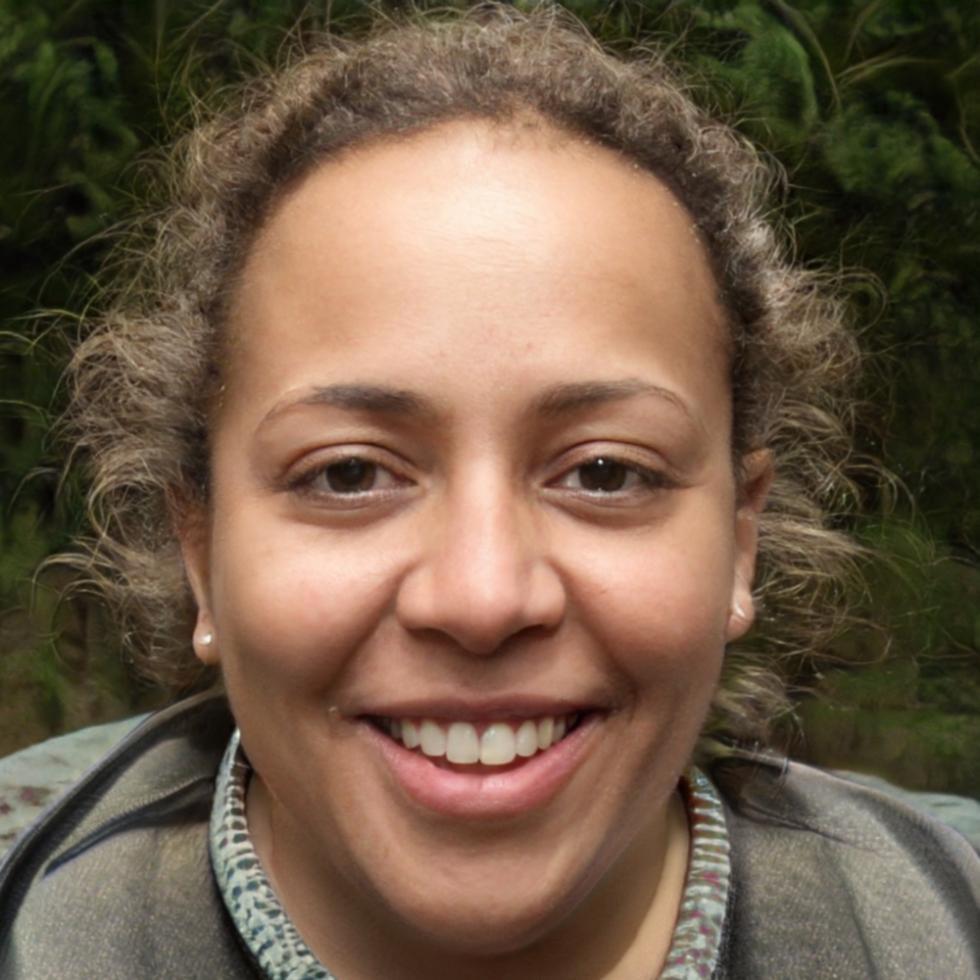Stop Guessing Where Your Money Goes
Most people dread their annual budget review. Spreadsheets full of numbers that never quite add up. Expenses that appear from nowhere in March. That sinking feeling when you realize you're already off-track by February.
We've been teaching practical budgeting since 2019, and we've noticed something. The folks who succeed aren't necessarily the ones with the highest incomes or the fanciest software. They're the ones who understand the why behind their spending patterns.
Start Your Budget Journey
What Actually Happens in Our Programs
Look, we're not going to promise you'll retire early or never worry about money again. That's not how life works. But here's what changes for people who commit to learning proper annual budgeting.
You See Patterns
After tracking for three months, most people spot at least two recurring expenses they'd forgotten about. Subscriptions. Annual fees. Those little things that add up.
December Stops Being Scary
When you've planned for Christmas spending in January, December becomes just another month. Same with car registration, insurance renewals, or school fees.
Less Financial Anxiety
You won't eliminate money stress completely. But knowing your numbers and having a plan reduces that constant background worry about whether you can afford something.

Our Approach Focuses on Your Reality
We don't start with theory or complicated formulas. Instead, we begin with your actual bank statements from the past year. Because your real spending tells us more than any generic budget template ever could.
Over twelve weeks, you'll work through your expenses category by category. We'll help you spot the difference between what you think you spend and what you actually spend. That gap is where most budgets fail.
You'll build a forecast for 2026 that accounts for irregular expenses, seasonal variations, and realistic saving goals. Not aspirational numbers that look good on paper but fall apart by March.
The most valuable skill you'll develop isn't creating the perfect budget. It's adjusting your budget when life throws you something unexpected. Because it always does.
How the Program Unfolds
Understanding Your Current Situation
We map your actual spending from 2024 and early 2025. No judgment, just data. You'll categorize expenses, identify patterns, and spot areas where your money disappears without you noticing. This foundation work is crucial for everything that follows.
Building Your Annual Framework
Time to create your 2026 budget. We'll work through fixed expenses, variable costs, and those irregular payments that catch people off guard. You'll learn to anticipate seasonal fluctuations and plan for known upcoming expenses.
Testing and Adjusting
You'll use your new budget for real while still in the program. Track actual versus planned. Make adjustments. Figure out what works for your life and what needs tweaking. This is where theory meets reality.
Long-term Sustainability
We focus on making this manageable long-term. Monthly review routines. Quarterly check-ins. How to handle unexpected expenses without derailing everything. Building habits that stick beyond the program.

What Makes This Different from Budget Apps
There's no shortage of budgeting apps and spreadsheet templates out there. Many are quite good. So why take a structured program instead?
Tools show you the numbers. They don't teach you how to interpret them or what to do when things don't go according to plan. That's where most people get stuck.
- Learn to identify spending patterns specific to your household and lifestyle
- Understand the psychology behind your financial decisions and triggers
- Develop realistic forecasting skills that account for Australian seasonal patterns
- Build systems that work with your natural habits rather than against them
- Get perspective from someone who's reviewed hundreds of household budgets

Meet Sienna Baxter
Lead Budget Education SpecialistSienna has been working in household financial planning since 2016. She started her career helping families in Newcastle navigate debt management before moving into financial education full-time in 2019.
What sets Sienna apart is her refusal to use generic advice. She's worked with families earning vastly different incomes, in different life stages, with different priorities. She knows there's no one-size-fits-all approach to budgeting.
Before joining extraonlinehub in 2023, Sienna ran community workshops across the Hunter region. She's taught everyone from recent graduates to families preparing for retirement. Her approach combines practical systems with genuine understanding of how life gets in the way of financial plans.
The biggest shift happens when people stop trying to follow someone else's budget rules and start creating systems that match their actual life. Your budget should reduce stress, not add to it.